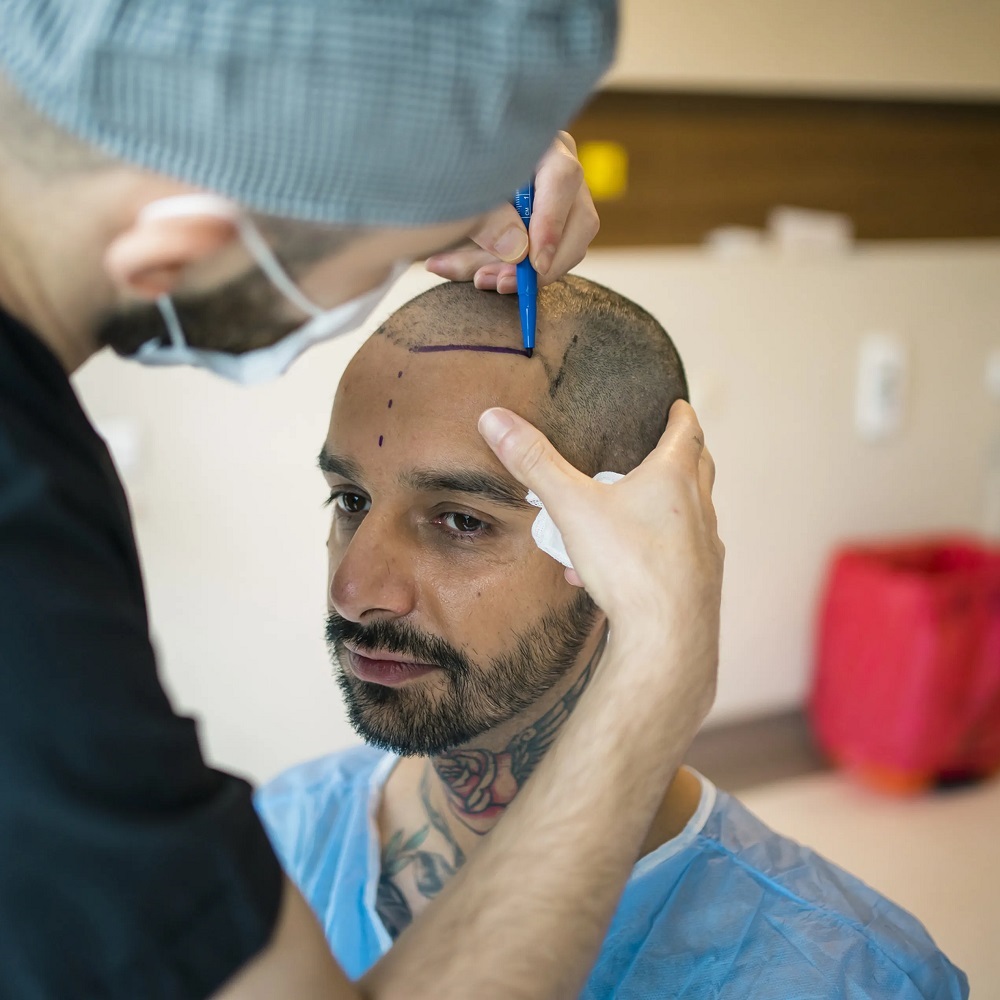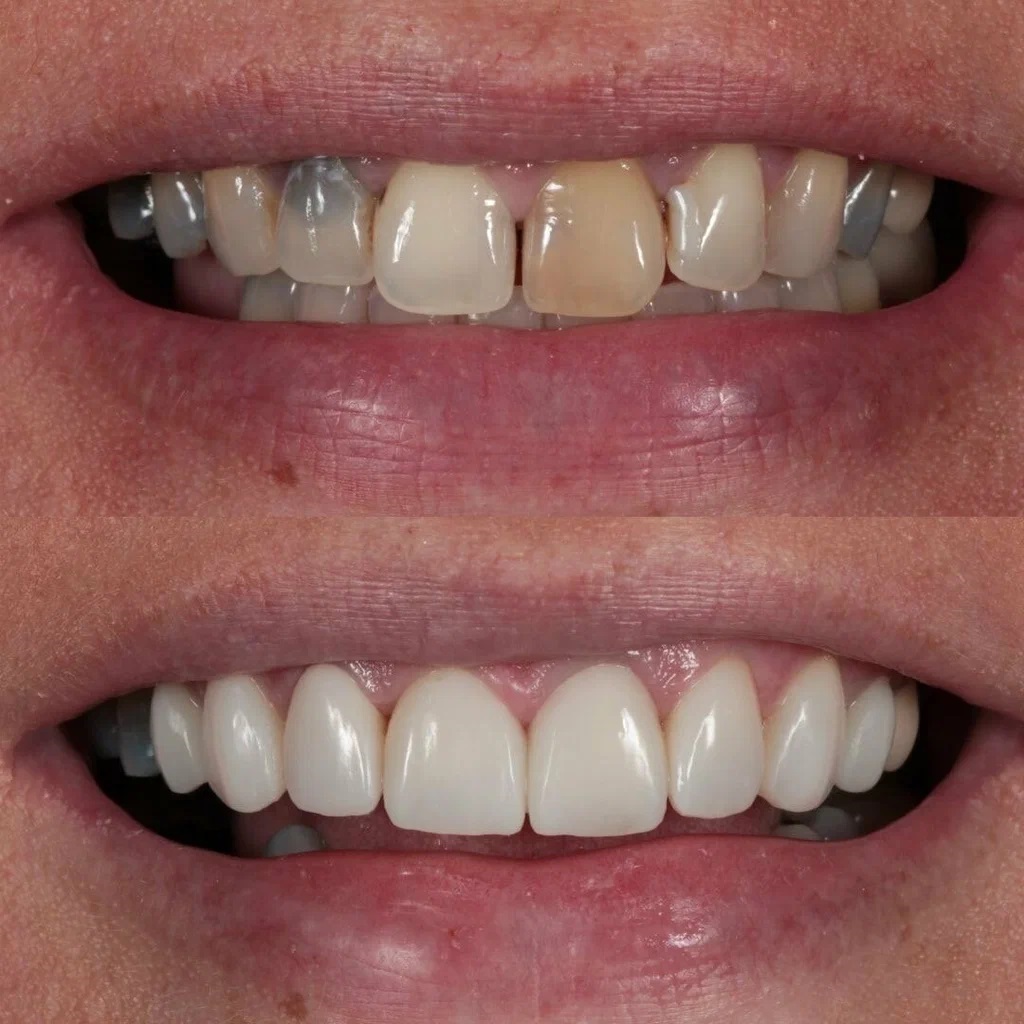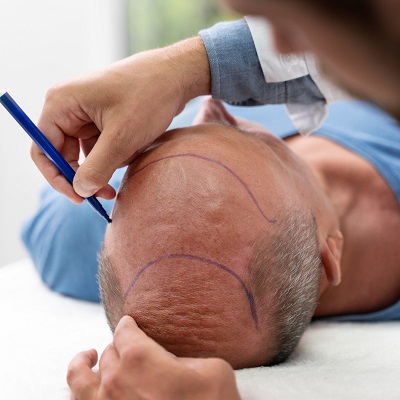 Competitor Backlink Hack – Steal Their Traffic. Legally!
Competitor Backlink Hack – Steal Their Traffic. Legally!
What tests do physiotherapists do?
Written by Sania » Updated on: June 17th, 2025

When it comes to recovering from injuries or managing chronic conditions, seeking help from a best physiotherapist in Islamabad can make a significant difference. Physiotherapy is a holistic approach that assesses and treats various physical problems, enhancing mobility and function. To develop an effective treatment plan, physiotherapists utilize a variety of tests and assessments. This blog will explore the different tests physiotherapists perform and how they contribute to patient care.
1. Initial Assessment
The first step in any physiotherapy treatment is a thorough initial assessment. During this session, the physiotherapist gathers detailed information about the patient's medical history, current symptoms, and functional abilities. They may ask questions regarding the onset of pain, activities that exacerbate or relieve symptoms, and previous treatments.
Tests Included:
Patient History Review: Understanding the patient’s medical history, including any surgeries or chronic conditions.
Physical Examination: Assessing the body structure, posture, and any visible signs of deformity or asymmetry.
2. Functional Movement Tests
After the initial assessment, physiotherapists conduct functional movement tests. These tests evaluate the patient’s ability to perform specific tasks that are relevant to their daily activities, such as walking, bending, and lifting.
Common Functional Tests:
Gait Analysis: Observing the patient while they walk to identify any abnormalities in their stride or posture.
Range of Motion (ROM) Testing: Measuring how far a joint can move in different directions. This helps identify restrictions or stiffness in the joints.
Strength Tests: Assessing muscle strength through resistance exercises to identify weaknesses in specific muscle groups.
3. Special Tests
Physiotherapists also perform specialized tests tailored to the patient's condition. These tests are designed to diagnose specific injuries or conditions, particularly in the musculoskeletal system.
Examples of Special Tests:
Lachman Test: Used to assess knee stability, particularly in diagnosing ACL injuries.
Neer Test: Evaluates shoulder impingement by raising the arm while stabilizing the scapula.
Phalen's Test: Helps diagnose carpal tunnel syndrome by flexing the wrist and observing for symptoms.
4. Neurological Assessment
For patients with neurological conditions or symptoms, physiotherapists conduct a neurological assessment. This includes evaluating the nervous system’s function and how it impacts movement and coordination.
Components of Neurological Assessment:
Reflex Testing: Assessing deep tendon reflexes to check the integrity of the nervous system.
Sensation Tests: Evaluating the patient’s ability to feel light touch, temperature, and pain to identify any sensory deficits.
Coordination Tests: Observing the patient’s ability to perform coordinated movements, which is crucial for balance and stability.
5. Cardiovascular Assessment
In some cases, particularly for patients recovering from surgery or those with chronic conditions, physiotherapists may conduct cardiovascular assessments. This helps ensure that the heart and lungs are functioning optimally to support physical activity.
Tests Include:
Heart Rate Monitoring: Checking the resting heart rate and response to exercise.
Blood Pressure Measurement: Evaluating blood pressure during various activities to assess cardiovascular health.
6. Postural Assessment
Posture plays a vital role in overall health, and physiotherapists often conduct postural assessments to identify any imbalances or abnormalities that may contribute to pain or dysfunction.
Assessment Methods:
Static Postural Analysis: Evaluating the body’s alignment while standing still.
Dynamic Postural Analysis: Observing posture during movement to assess how it changes.
Conclusion
The tests that physiotherapists perform are crucial for diagnosing and treating various physical conditions. By conducting comprehensive assessments, physiotherapists can tailor their treatment plans to address the specific needs of each patient, ensuring a more effective and efficient recovery process. If you're in need of physiotherapy, consider consulting the best physiotherapist in Islamabad for expert guidance and support.
At Royal Cosmetic Surgery, we are dedicated to providing personalized physiotherapy services that cater to your unique needs, helping you regain mobility and improve your quality of life.
Note: IndiBlogHub features both user-submitted and editorial content. We do not verify third-party contributions. Read our Disclaimer and Privacy Policyfor details.
Copyright © 2019-2025 IndiBlogHub.com. All rights reserved. Hosted on DigitalOcean for fast, reliable performance.
















